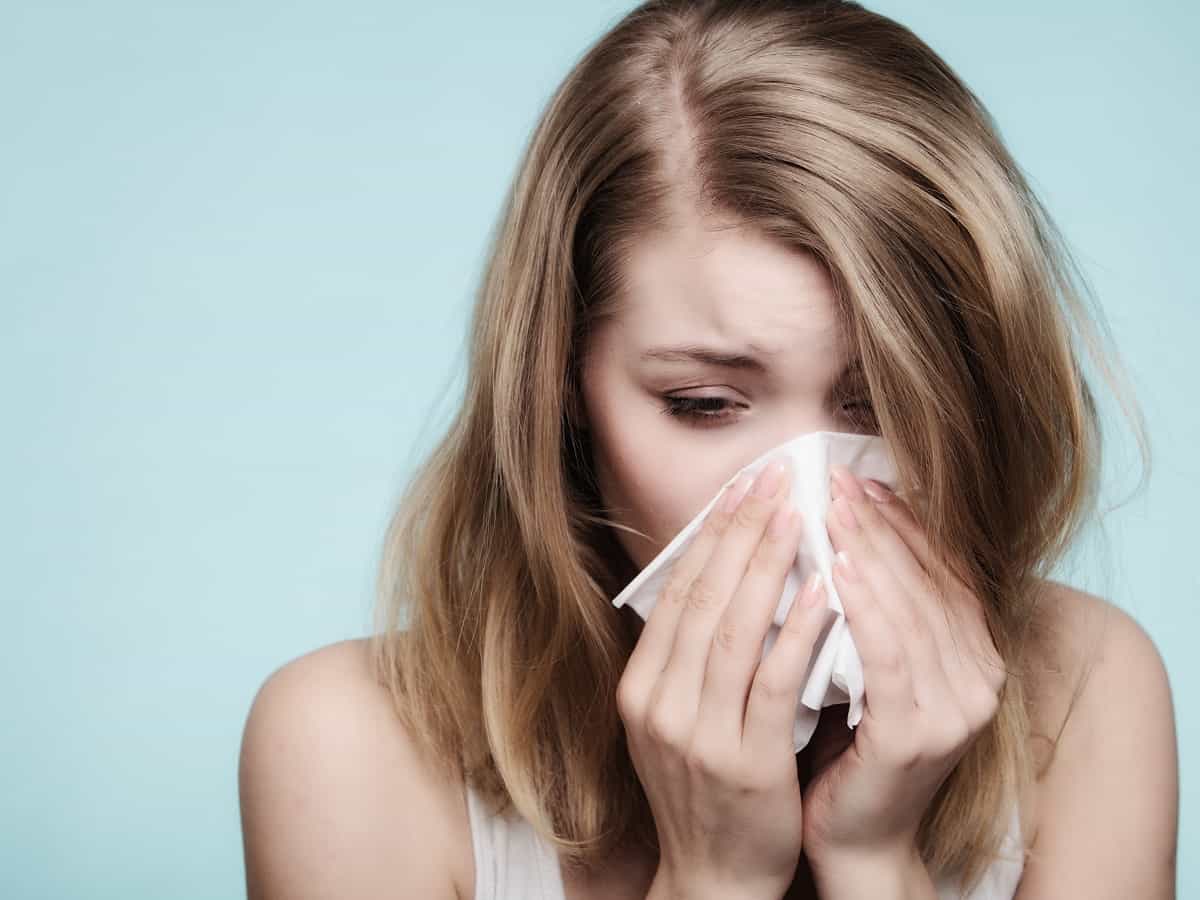
Winter allergies are certainly no joke. While many believe that they only have seasonal allergies, they may be surprised to find that their allergies do not abate in the winter. Although outdoor pollen counts from trees, grass and weeds are normally only around in the spring, summer and fall, there are plenty of other allergy sources even during the cold winter months. Here are some allergy sources that many forget about and some strategies for relieving irritating winter allergy symptoms.
Indoor Allergy Sources
Instead of allergies from pollen, winter allergies switch to mainly indoor sources. Dust and mold are the biggest culprits although dander from pets can create allergic reactions all year long. Most people are not allergic to actual dust but rather to the dust mites that live on the dust around the house. In the winter dust often collects more in homes because of the extra time that families spend indoors. In addition, mold is a fungus that often lives in damp or humid areas, such as basements. Their spores create allergic reactions in many. Finally, people may have allergies to pet dander as well as to a pet’s saliva or urine.
Make Changes In The Home
One of the simplest ways to decrease winter allergies is to decrease the amount of dust and mold in the home. Individuals should thoroughly clean and vacuum their homes, focusing especially on pillows, blankets and mattresses where dust mites thrive. Individuals should also keep humidifiers free from mold, change HEPA filters in vacuums per the manufacturer’s recommendations and use allergy-proof covers on bedding.
Over-the-Counter Options
Some simply need an antihistamine to decrease their runny noses and watery eyes or decongestants to decrease their stuffy noses. Many over-the-counter options exist, including numerous brands containing diphenhydramine and pseudoephedrine.
See An Allergist
Some individuals may need allergy shots that they can receive from an allergy specialist. These safe shots contain a bit of the allergen to allow the person’s body to build up a response. Another option for more severe cases is to seek either noninvasive balloon treatments for the sinuses or endoscopic sinus surgery, such as that offered by Premier Surgical Associates.
Allergies can be quite difficult to live with particularly when there is no let up from their symptoms during the winter months. By starting with smaller treatments and gradually working up to more specialized treatments, individuals can find the best option for them.
Emma Sturgis
Recent Posts
- Castor Oil For Better Hair Growth: Is It Myth Or Fact?
- Exploring the Differences Between Sermorelin, Ipamorelin, Ibutamoren, GHRP2, and GHRP6: Understanding Their Role in Human Growth Hormone Regulation
- Unraveling the Mystery: Understanding the Causes and Prognosis of Ventricular Tachycardia Without Apparent Heart Disease
- Understanding Grandparents’ Rights in Oklahoma: Navigating Visitation and Legal Protections
- 10 Reasons to Consider Hypnotherapy for Your Health

